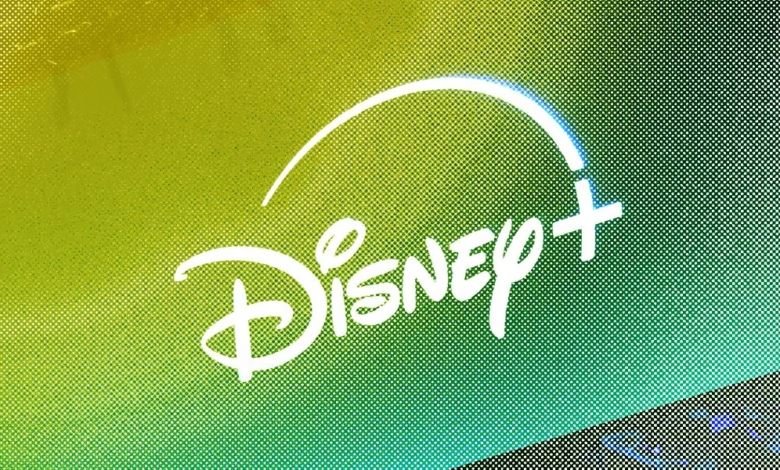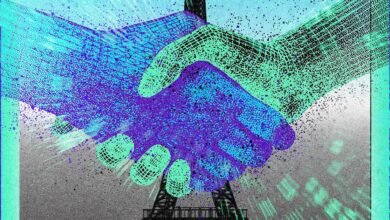Disney Takes a Bold Stand in the AI Battle

▼ Summary
– Disney licensed Darth Vader’s voice for a Fortnite chatbot, sparking backlash from SAG-AFTRA over AI replacing human actors.
– Disney is exploring AI partnerships (e.g., OpenAI) while simultaneously suing Midjourney for unauthorized use of its intellectual property.
– The lack of clear regulations around AI and copyrighted work leaves courts to decide cases without a legal framework, delaying federal legislation.
– Major lawsuits involve industries like publishing (authors), media (NY Times), music (labels), and Hollywood (Disney), with some cases likely reaching the Supreme Court.
– Notable lawsuits include NY Times vs. OpenAI, Kadri vs. Meta (involving pirated books), and music labels vs. AI song generators (Suno/Udio), with settlements potentially shaping future outcomes.
Disney’s bold stance on AI technology has sparked intense debate across Hollywood and beyond. The entertainment giant recently licensed Darth Vader’s iconic voice for a Fortnite chatbot, triggering backlash from SAG-AFTRA actors who view this as AI replacing human talent. Meanwhile, Disney finds itself in a paradoxical position, suing AI firm Midjourney for alleged copyright infringement while simultaneously exploring partnerships with companies like OpenAI.
This legal tug-of-war highlights the glaring absence of clear regulations governing AI’s use of copyrighted material. Courts currently face the challenge of making precedent-setting decisions without established frameworks. The situation grows more complex as state-level AI legislation remains stalled under the Big Beautiful Bill’s decade-long moratorium. Surprisingly, many industry players aren’t rushing to demand federal intervention, possibly fearing excessive regulation could hinder technological progress.
The battle extends far beyond Hollywood. Media outlets like The New York Times have launched high-profile lawsuits against OpenAI, presenting compelling evidence of verbatim content reproduction. Book authors, visual artists, and music labels have also joined the fray. Notable cases include Kadri v. Meta, where internal documents revealed Meta knowingly trained its AI on pirated novels, and recent lawsuits against AI music generators Suno and Udio by major record labels.
Legal experts anticipate these cases could eventually reach the Supreme Court, setting critical precedents for AI’s relationship with intellectual property. For now, the entertainment and tech industries watch closely as courts navigate uncharted territory, where innovation clashes with creative ownership in the digital age.
(Source: Wired)




